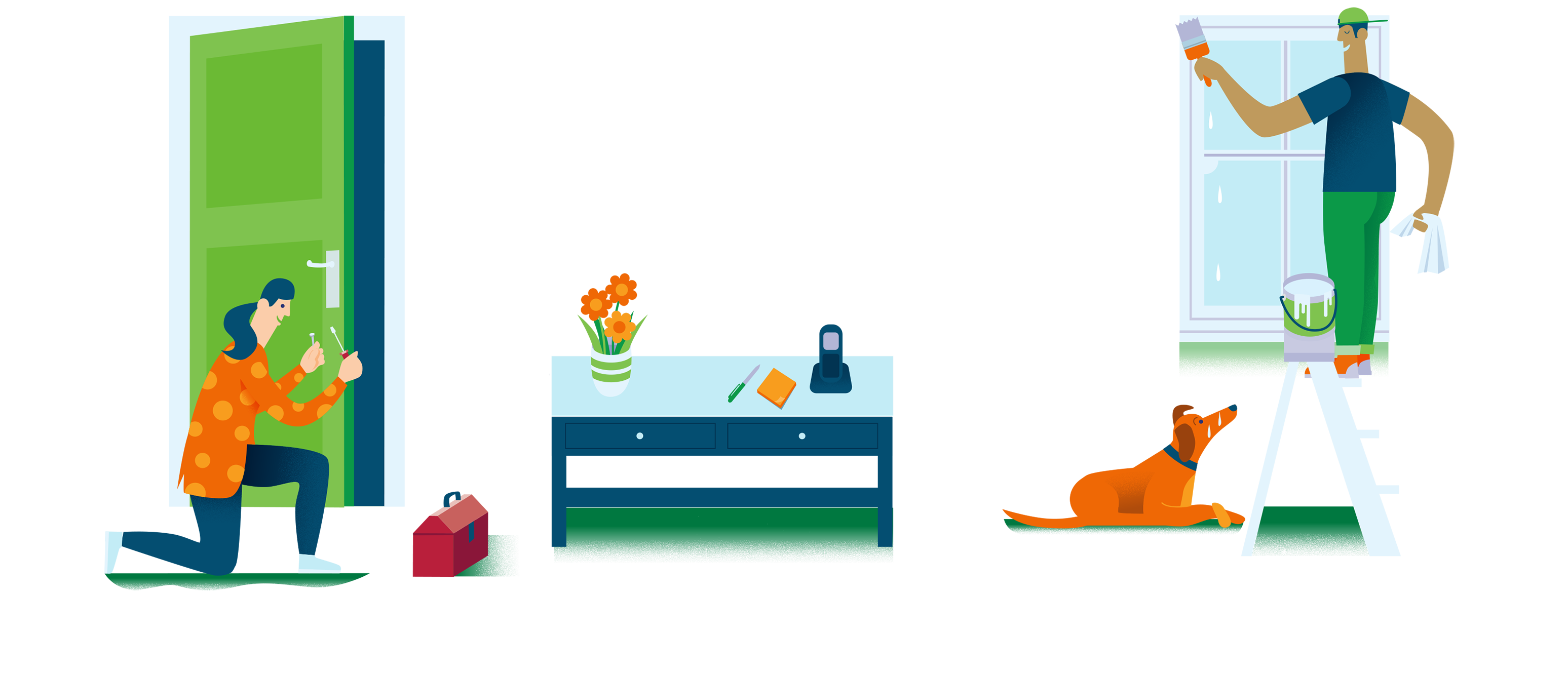Understanding meth
Methamphetamine, meth or P is a powerful and addictive illegal drug. Your health may be affected if you live in a property where it has been produced or smoked in large quantities. In situations like this it’s a good idea to check out any possible contamination before making an offer.
Summary of important things to know
-
The chance of buying a property where methamphetamine has been produced or smoked in large quantities is very low.
-
However, if you have a strong suspicion (or have been told by police) that a property you’re interested in has been used for methamphetamine production, you may wish to make methamphetamine testing and a satisfactory result a condition of your offer.
-
A property that tests below 15 micrograms per 100cm2 is considered safe to live in with no adverse health effects.
-
If you plan to have a property tested for methamphetamine contamination, be aware that the testing industry isn’t currently regulated in New Zealand.
-
Talk to your lawyer before making an offer on a property if you are concerned that it may be affected.

What is methamphetamine, meth or P?
Methamphetamine (also commonly known as meth, P, pure or speed) is an illegal and extremely addictive drug. Users most often smoke or inject the drug, which comes in ice-like crystal or powder form that leaves the body within about a day — residue levels on household surfaces also diminish over time.
Methamphetamine users come from all walks of life and live in all areas. There is often no obvious sign of contamination in a property where the occupants have been heavily smoking or manufacturing the drug. Manufacture these days does not usually involve the toxic chemicals used previously.
What if a property tests positive for methamphetamine?
- If a property tests below 15 micrograms per 100cm2 it is considered safe to live in.
- The chances of buying a property that has been used to manufacture methamphetamine are very low.
- A May 2018 report by the prime minister’s chief science advisor(external link) found that there was no evidence that third-hand exposure to methamphetamine (ie. consuming, absorbing or inhaling meth residue from surfaces) has adverse health effects.
How will I know if a property is affected?
There may be no obvious signs if methamphetamine has been used at a property, compared to where a property has been used as a methamphetamine ‘lab’. Look out for unusual chemical smells in the area, and yellow or brown stains on the ceiling, floor, walls, and on appliance surfaces. There may be chemical containers or stained glass cookware or equipment present inside or outside.
If you’re concerned, ask the real estate agent selling the property if they are aware of evidence of specialist advice such as reports on contamination and if it has been tested. Testing is only considered necessary if the police or forensic experts suspect it has been used to produce methamphetamine. If the property has been tested, ask for a copy of the results. Remember, the real estate agent must tell you what they know about any issues with a property and must answer all queries honestly. If they are aware that a property has methamphetamine test results above 15 micrograms per 100cm2, they must tell you.
If you are concerned about methamphetamine affecting a property you’re considering buying, ask your lawyer to include a satisfactory test result as a condition of your offer. Be aware that composite field testing is where a tester takes a number of samples in different rooms and puts them together to make one sample. This type of testing is not recommended because it can make it look like there are high levels of contamination in the property when there are not.
If the local council has been notified (usually by the police) that the property has been used as a site for consuming or producing methamphetamine, this should be recorded on the Land Information Memorandum (LIM). However, if the council hasn’t been notified, they won’t hold this information.
What can I do if a property has tested positive for methamphetamine?
- If you discover that a property is affected by methamphetamine before making an offer, what you need to do depends on the level of methamphetamine found and how much work will be needed to put it right.
- Remember that if the level of methamphetamine is at or below 15 micrograms per 100cm2, the property is regarded as safe to live in.
- For levels above 15 micrograms per 100cm2 you can ask a methamphetamine testing and remediation company for an estimate of how much it will cost to remediate the property, and negotiate with the seller to reduce the sale price. Bear in mind that methamphetamine testing is not currently regulated in New Zealand. It may be a good idea to research the particular remediation company before before you engage them.
- Alternatively, you can add a condition to your offer asking the seller to clean and decontaminate the property to an agreed acceptable level.
Was this information helpful?
This site is protected by reCAPTCHA and the Google Privacy Policy and Terms of Service apply.
